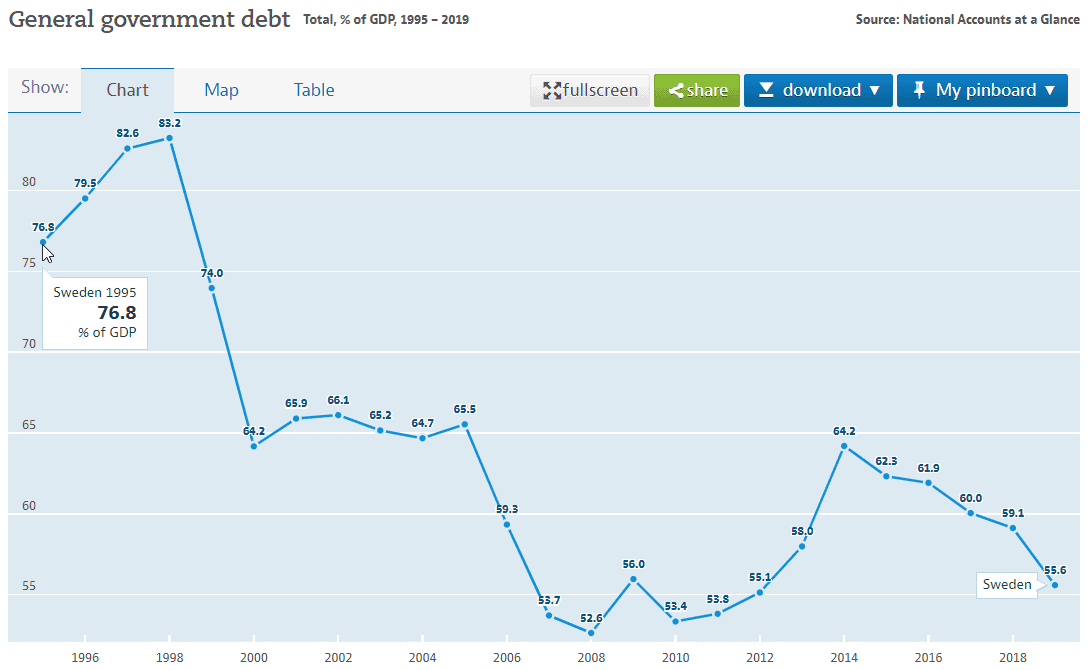- Joined
- Apr 25, 2017
- Messages
- 7,489
- Reaction score
- 2,745
- Gender
- Undisclosed
- Political Leaning
- Undisclosed
Well, the argument usually ends up disguised as Federal responsibility against the State and/or charitable organizations but you are right in that when the rubber hits the road fiscal restraint or taxation discussion ends up discarded for massive deficits and debt.
My challenge, that I’ll throw at anyone, is the economic reasoning for doing anything fiscal, trade, and/or by monetary policy.
In this case, what you collide with is political goals absent any economic reasoning. Republicans may be more guilty of this than Democrats but none are immune from the pitfalls of politics at the expense of economics.
Ultimately Republicans stand for wealth protection and less government watching big wealth and big business. Everything else is a secondary goal or afterthought. It comes off as cruel but even their core goal harms sound economics.
Now, I am not fisical conservative, but I think you look at certain waste and inefficiencies you look at. Is there ways to improve services and make them more efficient.
For example, why do social democracies like Sweden have a lower debt rate than the US?

How Did Sweden's National Debt Get So Low? Hint: Retirement Funds - Commodity.com
ContentsThe National Debt Of SwedenHow Is National Government Debt Calculated & Reported?Facts About Sweden’s National DebtHow Did Sweden’s National Debt Get So Low?What Is Sweden’s Credit Rating?Who Manages Sweden’s National Debt?Types Of Swedish Government SecuritiesForeign Investors In The...
Do these upper tax pay cuts pay themselves or not? If they don't, maybe they are a luxury you can't afford. Why does the US spend more percentage i of GDP of its healthcare costs then Canada? Is 800 billion dollars necessary for defense and is there waste than can be cut out of that budget? Why does the US have the biggest prison population in the world and how much does that cost?
Those are some minor suggestions, I think the law and order, pro military, the free market conservatives would go for this.
I am neither a fisical conservative nor an economic expert, I am more into social sciences than hard math or accounting, I have only taken one accounting course in my life and I have Turbo Tax do my taxes. I used to work as a civil servant involved with pay roll and I hated the job and got another in 5 months, that's how much I am not a math/economic guy.
But even I can see conservatives who say they want to reduce the debt, but insists massive tax cuts pay themselves or have huge carve outs for military spending and their law and order agenda are full of it. This goes against basic accounting, debits and credits.
Conservatives who propose austerity ( massive tax raises and massive spending cuts) to deal with the debt would more honest than conservatives saying we can solve this through the same failed voodoo economics that Reagan introduced. I don't support austerity, but that would actually be an honest solution proposal.

